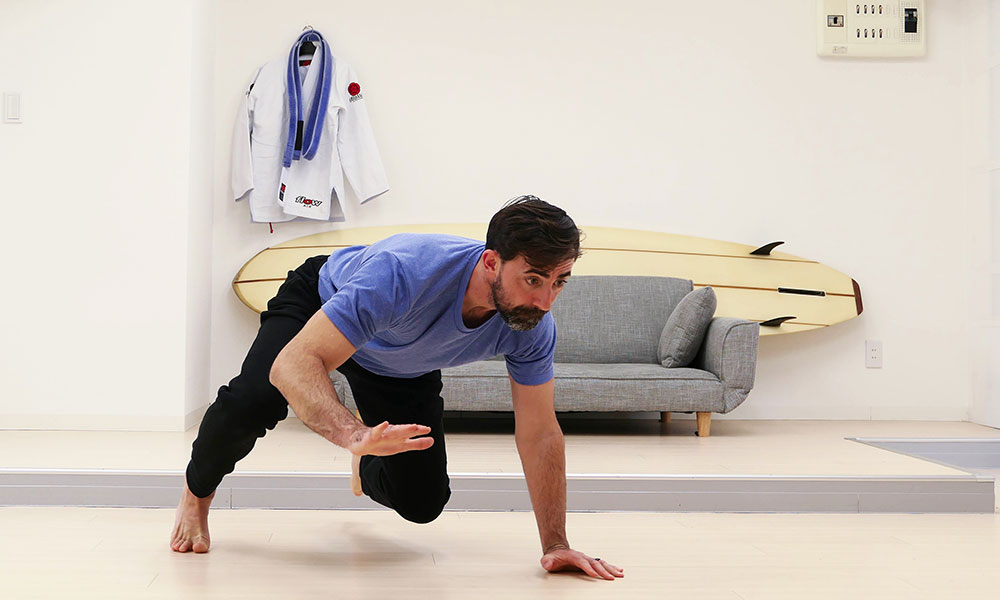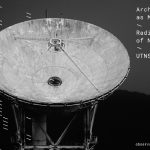Week 5: 2/21
Translating Observations
In order to instigate a conversation about the different ways we are looking at the world, we need to first understand our very own practices of reading our environment and its artifacts. How much of our habitual “looking” is shaped by personal history and cultural background? In which ways do disciplinary methodologies — learned in educational institutions and through professional everyday practices — influence the way we see things and maybe even narrow our experience?
“Thus the complete Humboldtian traveller, in order to make satisfactory observations, should be able to cope with everything from the revolution of the satellites of Jupiter to the carelessness of clumsy donkeys.” (Cannon, Susan Faye. (1978). Science in culture: the early Victorian period. Kent, Eng: Dawon)
In-class workshop
In groups, we will discuss how you translated the work of an artists or a scientist into an Observation Score. We will take most of the class for this since the language details are key for a successful Observation Score.
For next week
Based on the workshop in class, revise your Observation Score. Send a final version to faculty by Tuesday. Enact your score and that of somebody else (which you will receive by email). Also make sure to bring your Atlas prototype to class (how will you archive/share images?)
Photo by GMB Monkey on Unsplash





Comments by Pascal